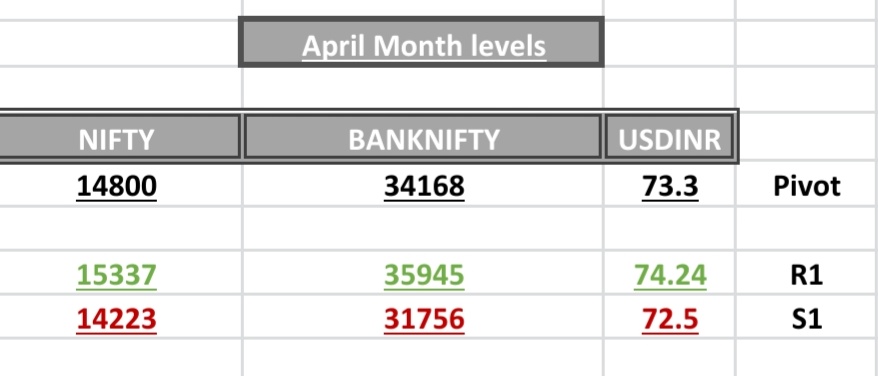When I said I hate Worldbuilding I mostly meant the trap of making up facts and never actually writing a story. How do you beat the trap?
Just learn how to tell a story. Don’t fear structure. Commit yourself to it.
Here are some resources I like for studying story structure.

Probably the most famous true formula is Lester Dent’s for a 6K word pulp story. Dent’s is a great starting point bc it’s plug n play.
Write 3-5 shorts w this and really examine how it works. The pacing, the actions, the revelations, building and releasing tension.
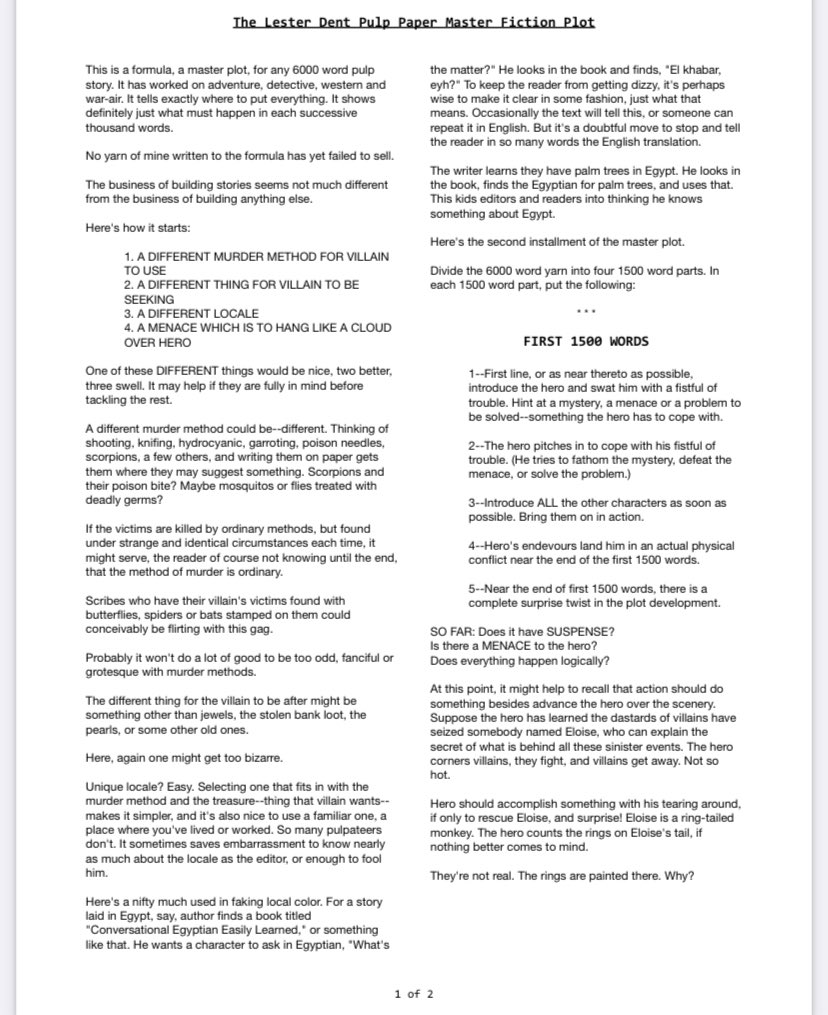
Write 1K word short stories for as many of the 36 as you can get thru. Notice where the actions and reveals end up to ‘turn’ the scene. https://t.co/enOEYjZQMo
Georges Polti made this book which is freely available online\u2014i strong recommend as a reference tool. Not just for writers but for anyone using rhetoric. If you can boil your narrative down to a clear narrative statement like this it will be very persuasive. pic.twitter.com/QY1VBEqsle
— Conan the Summer Conqueror (@conan_esq) April 9, 2022
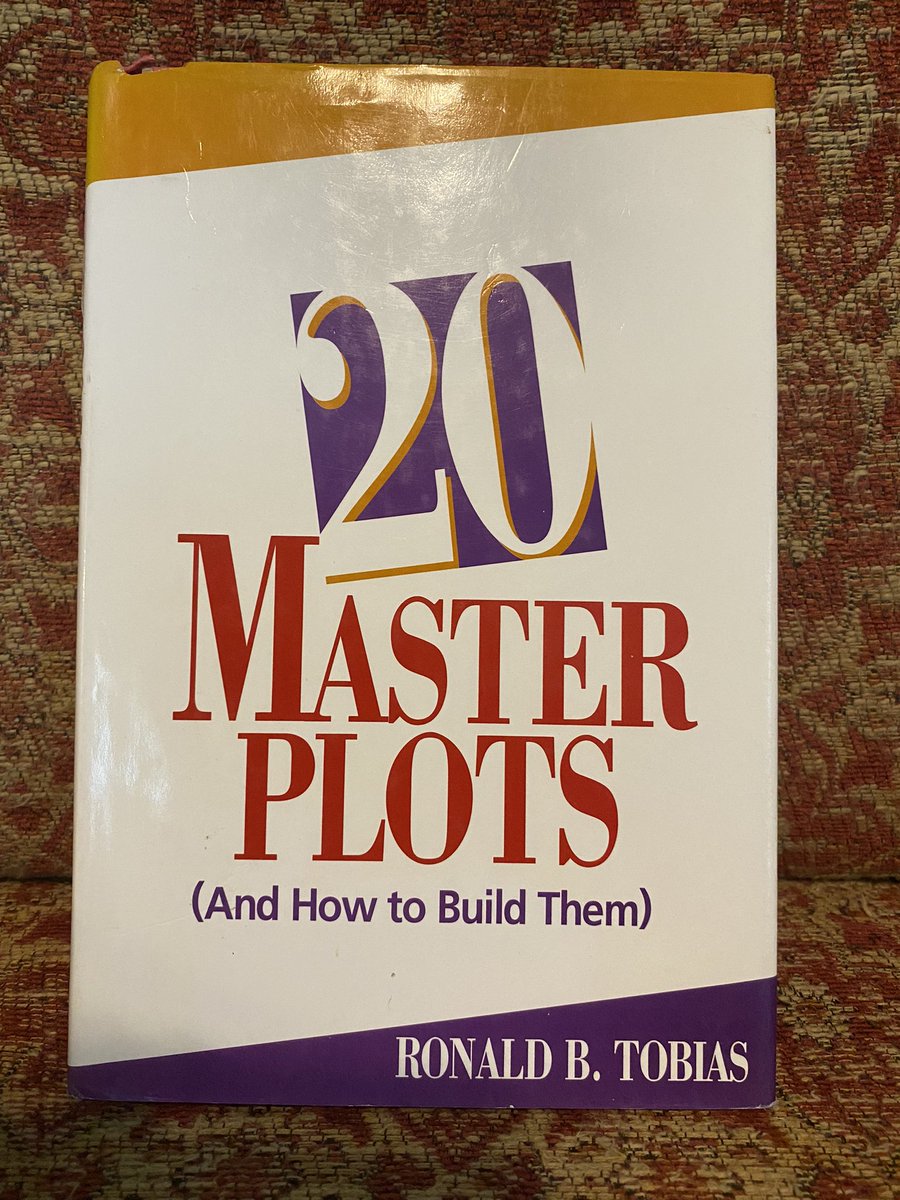
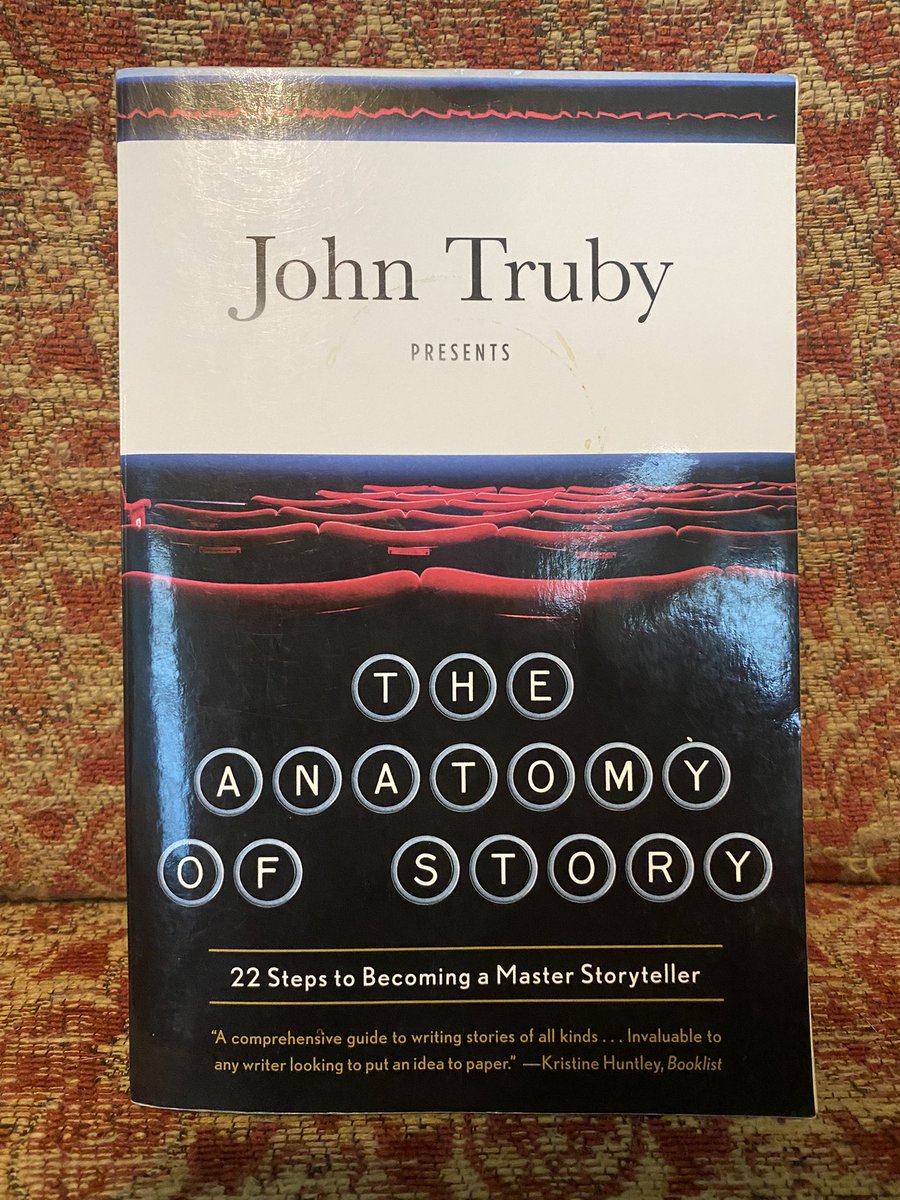
But Screenwriting books have pretty good crossover for fiction, so…

I liked Screenplay. I group it as theoretical because it’s better as a discourse on why things work rather than a ‘tutorial’ to follow. I find the diagrams helpful aids to thought.
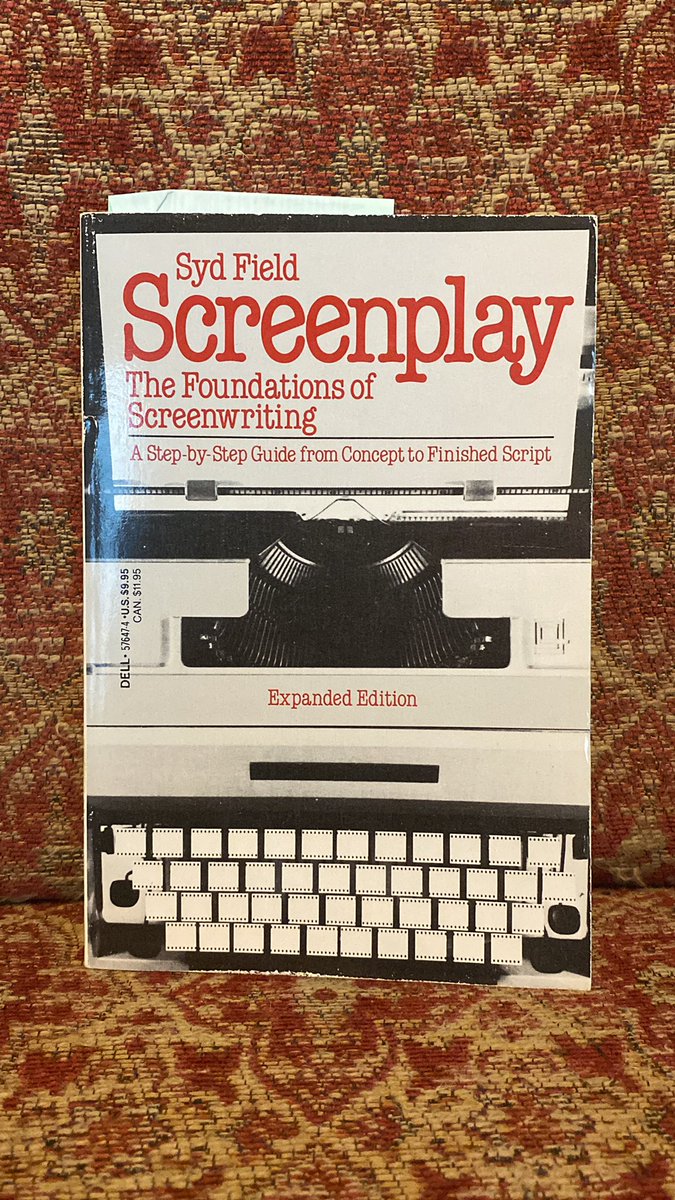
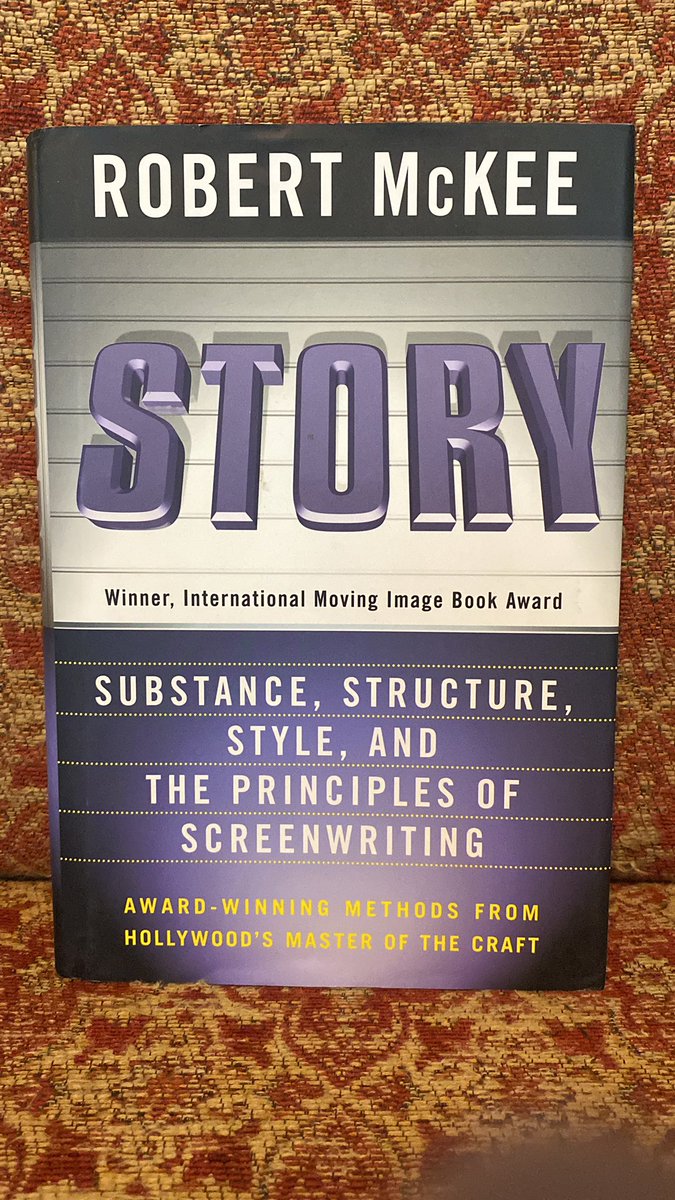
Use his method to outline 10 stories with as much detail as possible.
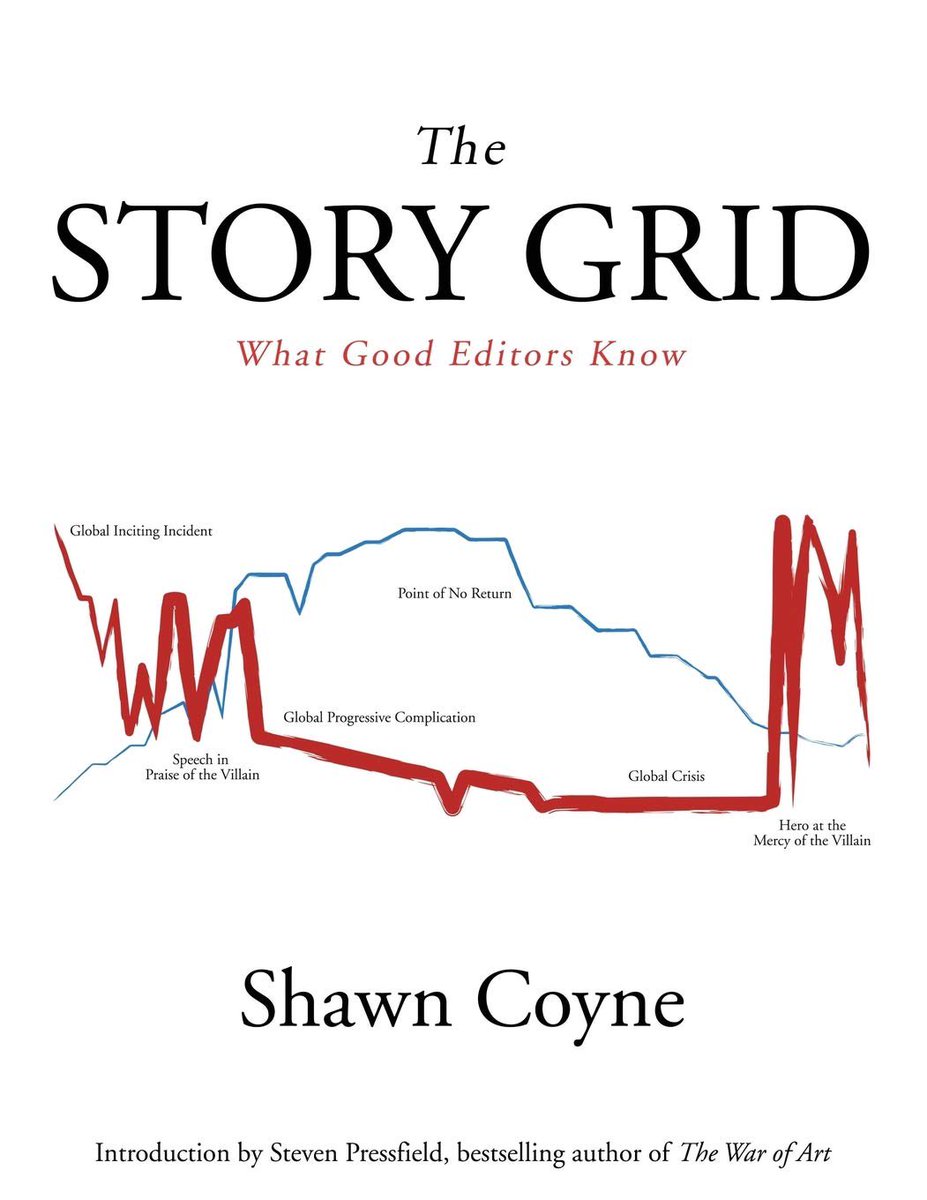
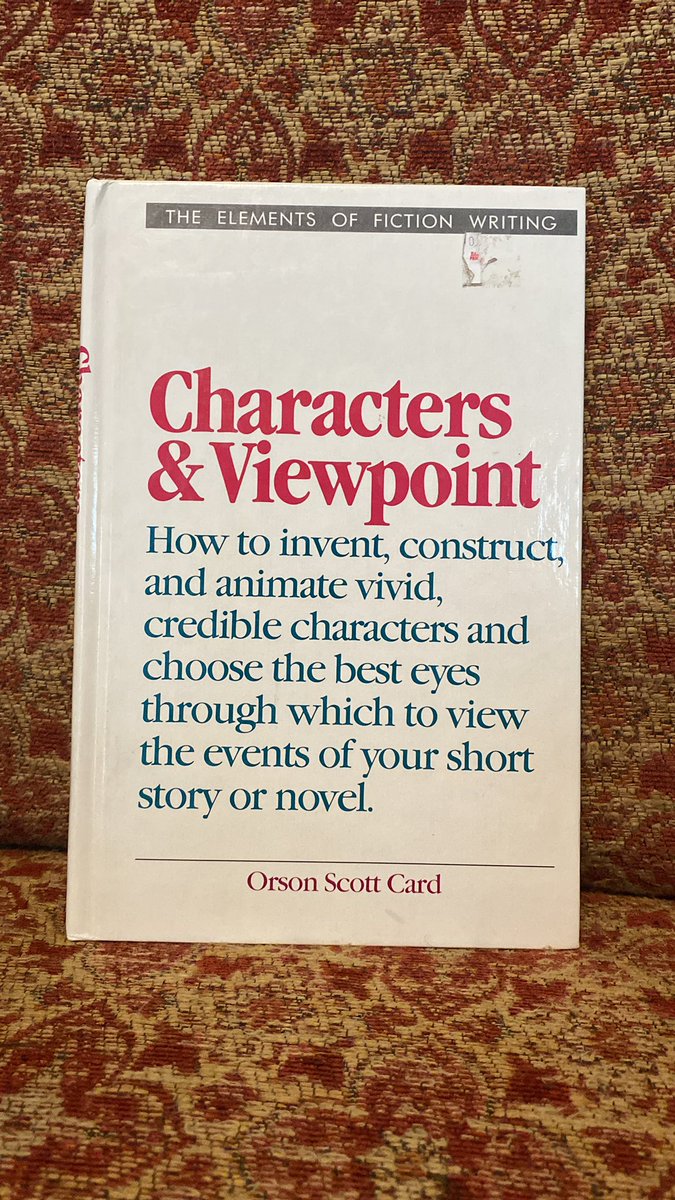
https://t.co/48ppQJkvrE
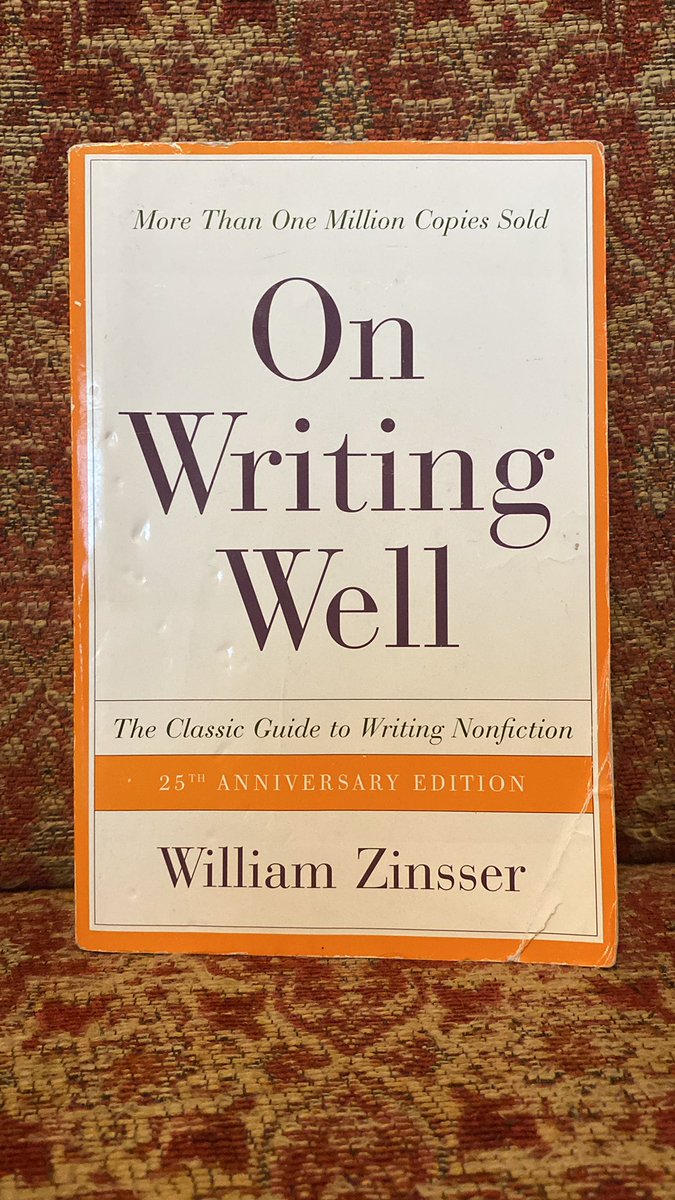
You have to practice. I gave you short exercises to do that will jump your skill efficiently, much faster than muddling through 100k word of a novel that doesn’t work.

More from All
You May Also Like
Nano Course On Python For Trading
==========================
Module 1
Python makes it very easy to analyze and visualize time series data when you’re a beginner. It's easier when you don't have to install python on your PC (that's why it's a nano course, you'll learn python...
... on the go). You will not be required to install python in your PC but you will be using an amazing python editor, Google Colab Visit https://t.co/EZt0agsdlV
This course is for anyone out there who is confused, frustrated, and just wants this python/finance thing to work!
In Module 1 of this Nano course, we will learn about :
# Using Google Colab
# Importing libraries
# Making a Random Time Series of Black Field Research Stock (fictional)
# Using Google Colab
Intro link is here on YT: https://t.co/MqMSDBaQri
Create a new Notebook at https://t.co/EZt0agsdlV and name it AnythingOfYourChoice.ipynb
You got your notebook ready and now the game is on!
You can add code in these cells and add as many cells as you want
# Importing Libraries
Imports are pretty standard, with a few exceptions.
For the most part, you can import your libraries by running the import.
Type this in the first cell you see. You need not worry about what each of these does, we will understand it later.
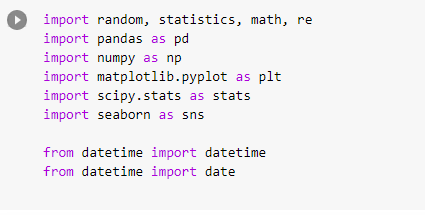
==========================
Module 1
Python makes it very easy to analyze and visualize time series data when you’re a beginner. It's easier when you don't have to install python on your PC (that's why it's a nano course, you'll learn python...
... on the go). You will not be required to install python in your PC but you will be using an amazing python editor, Google Colab Visit https://t.co/EZt0agsdlV
This course is for anyone out there who is confused, frustrated, and just wants this python/finance thing to work!
In Module 1 of this Nano course, we will learn about :
# Using Google Colab
# Importing libraries
# Making a Random Time Series of Black Field Research Stock (fictional)
# Using Google Colab
Intro link is here on YT: https://t.co/MqMSDBaQri
Create a new Notebook at https://t.co/EZt0agsdlV and name it AnythingOfYourChoice.ipynb
You got your notebook ready and now the game is on!
You can add code in these cells and add as many cells as you want
# Importing Libraries
Imports are pretty standard, with a few exceptions.
For the most part, you can import your libraries by running the import.
Type this in the first cell you see. You need not worry about what each of these does, we will understand it later.
























